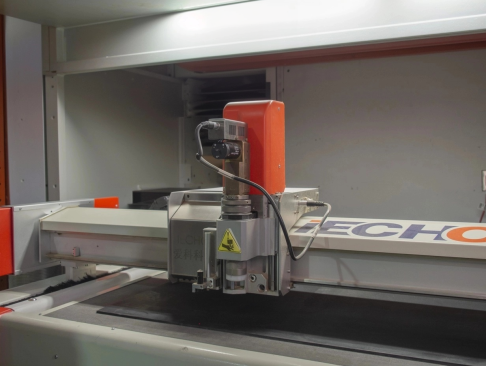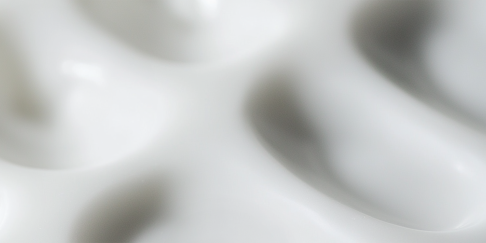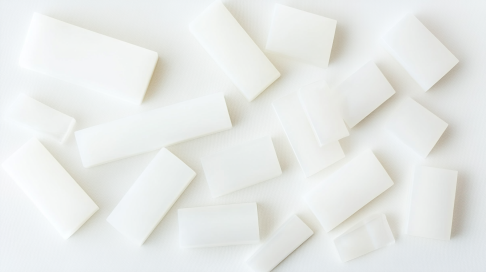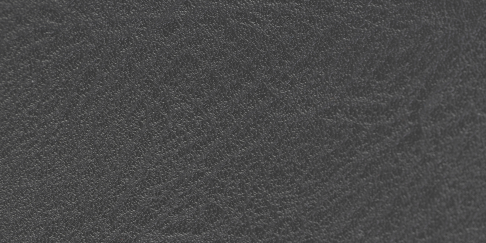Machining subcontractor for over 30 years!
Copper, a highly conductive non-ferrous metal
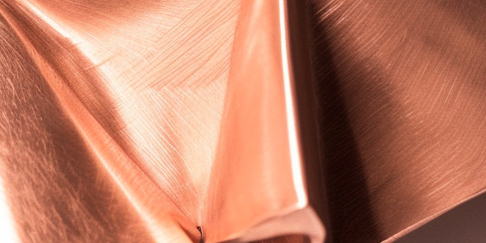
About copper
Copper is a non-ferrous metal known for its exceptional electrical and thermal conductivity, its resistance to corrosion and its malleability. Used for millennia, it remains an essential material in several modern industries, from electronics to plumbing to aerospace. Its ability to be recycled without loss of quality also makes it a sustainable and eco-friendly choice.
Need precisely machined copper parts?
We specialize in copper machining for various applications. Whether for electrical, mechanical or industrial components, our expertise ensures optimal quality and precision.
Characteristics
Mechanical Performance
- Ductility and malleability: Copper is extremely malleable, which allows it to be easily shaped into sheets or wires without risk of breaking.
- Good wear resistance: Although it is softer than other metals, copper resists abrasion and deformation under moderate stress.
Thermal Performance
- Excellent thermal conductivity: Copper is one of the best thermal conductors, making it ideal for heat sinks and heat exchangers.
- Moderate thermal expansion: Its thermal expansion is predictable and uniform, facilitating its integration into various thermal systems.
Chemical Performance
- High corrosion resistance: Copper naturally forms a protective oxidation layer that prevents degradation caused by moisture and certain chemicals.
- Natural antibacterial: It has antimicrobial properties that make it attractive for sanitary and food-related applications.
Practicality
- Ease of machining: Copper works well with standard machining tools and allows for precise finishes.
- Total recyclability: It can be remelted and reused without losing its qualities.
Uses of Copper
Copper is widely used in the manufacturing of electrical and electronic components thanks to its exceptional conductivity. It is also a material of choice for plumbing, heat exchangers, and aerospace components. Its resistance to corrosion and antibacterial properties make it ideal for demanding environments.
Popular Comparisons
Why is copper a good conductor?
Copper has a crystalline structure that allows electrons to flow freely, thereby reducing electrical resistance.
Copper or aluminum: which to choose?
Copper is more conductive than aluminum and more resistant to corrosion, but it is also heavier and more expensive. Aluminum is often chosen for its advantageous weight-to-cost ratio, especially in aerospace and power lines.
Does copper oxidize easily?
Yes, but its oxidation forms a protective patina (verdigris) that preserves the underlying metal, unlike rust on steel which degrades the material.
Can copper be easily soldered?
Yes, copper can be easily soldered using various methods such as brazing and arc welding, making it an ideal material for complex assemblies.
What are the disadvantages of copper?
Its high price and significant density make it an expensive and relatively heavy material compared to other options such as aluminum or certain conductive polymers.
Copper vs brass: what are the differences?
Brass is an alloy of copper and zinc, harder and more resistant to wear than pure copper, but less electrically conductive. It is often used for mechanical and decorative applications.
Is copper a sustainable material?
Yes, copper is 100% recyclable, making it a sustainable and environmentally friendly choice for many industries.

We drive our clients’ growth through smart, customized subcontracting partnerships.
